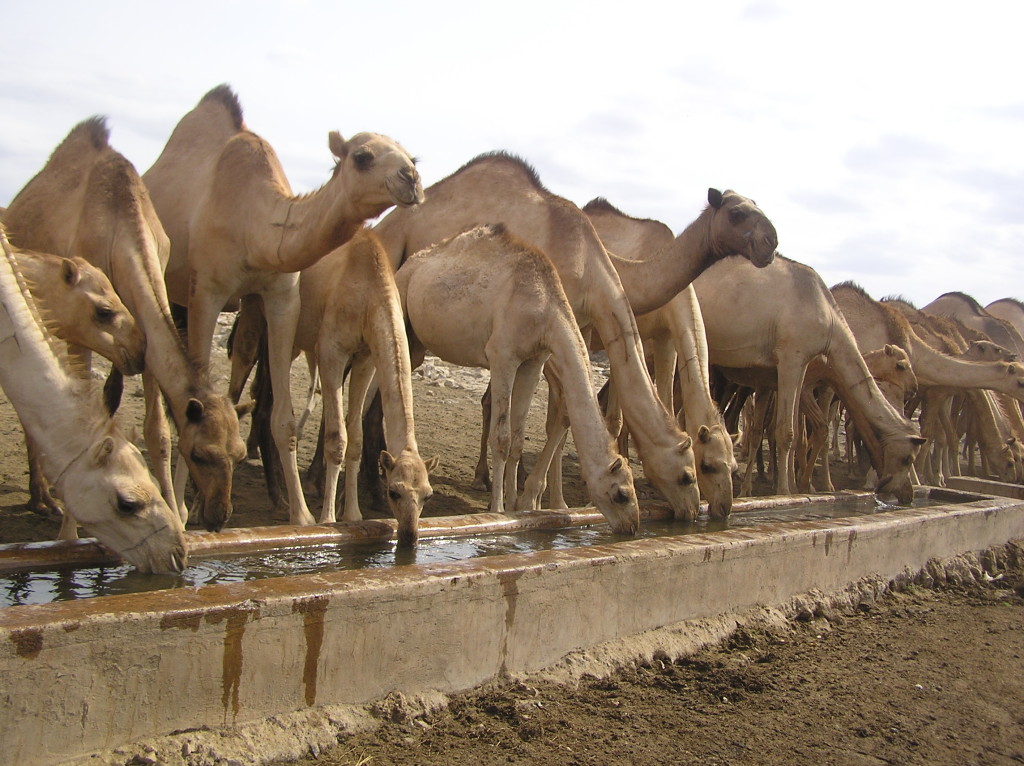|
Getting your Trinity Audio player ready...
|
By Mary Mwendwa

At least more than one million people are said to be in food crisis in Somalia in the recent past, a Food Security Analysis report has revealed.
Over 300,000 children are said to be acutely malnourished and are in need of urgent nutrition support, including treatment for more than 50,000 who are severely malnourished and far more vulnerable than any other group. These Figures that are sending a red flag to the humanitarian agencies working in Somalia to intervene with swift action.
According to a report released by FAO, Food Security and Nutrition Analysis Unit (FSNAU) and the Famine Warning Systems Network (FEWSNET),more than one million people cannot afford their daily food requirements today, while another 3.9 million Somalis are in need of livelihood support to reduce the risk of getting into a crisis situation.
The report reveals some of the areas of concern being, Guban Pastoral Zone of Awdal Region in North West,Bakool, Galgaduud,Bari,Nugaal Regions and Southern agropastoral livelihood zone of Hiran and Lower Shabelle Regions and parts of Juba among others face acute food crisis.
For example Banadir region in Somali land has the highest number of populations in need of help, upto 3,861,000 people are stressed while other more than one million are in crisis and 43,000 need emergency intervention.

Peter De Clercq , Humanitarian Coordinator said during the launch of the Food Security and Nutrition Analysis in Somalia that the food and nutrition situation had affected particularly Internally displaced Persons. An estimated 58 percent of people who are in need of food assistance are internally displaced , many living in appalling conditions in settlements in urban areas spread throughout the county, facing numerous risks of forced evictions, discrimination and Gender Based Violence.
“Drought conditions continue in pastoral areas of Somaliland and Puntland and poor rainfall in Southern and Central Somalia has reduced receal production by nearly half, compared to the long –term average.As you know , Southern and Central Somalia is traditionally the breadbasket of the county , so this situation is of serious concern.This comes at a time when we are already facing multiple drivers of needs, including drought and risk of flooding, conflict and access challenges as well as increased refugee returns.”
Peter De Clercq continues to say that the number of people in need of food assistance has increased .Nearly 3.9 people are now classified as “stressed “ and need a livelihood support while the risk of becoming acutely food insecure and need of life – saving assistance is increasing. “Some families have used negative coping strategies and by now, following poor rainfall in Somaliland and Puntland have lost means to recover.”
Richard Trenchard, FAO Representative in Somalia confirms that if nothing is done urgently to help the five million people in Somalia facing hunger things could worsen in the coming months. Adding that livestock sector has been supported by FAO where 120 million livestock have so far been vaccinated which aimed at increasing animal production.”Currently at least 76% of livestock are healthy and needs to be maintained as the country sinks into food crisis situation to avoid more stress to the people.”
Richard notes; ”Climate variability, conflict displacement are some of the reasons which make Somali people get into the multiple shocks they have been experiencing in past decades. These people are most resilient in the world and need long term solutions to some of these challenges to put them back on foot. In 1990s Somalia used to grow food as much as twice it is producing today.’’ He says.
The study results were from 28 nutrition surveys conducted by FSNAU between June and July 2016 and other partners.













